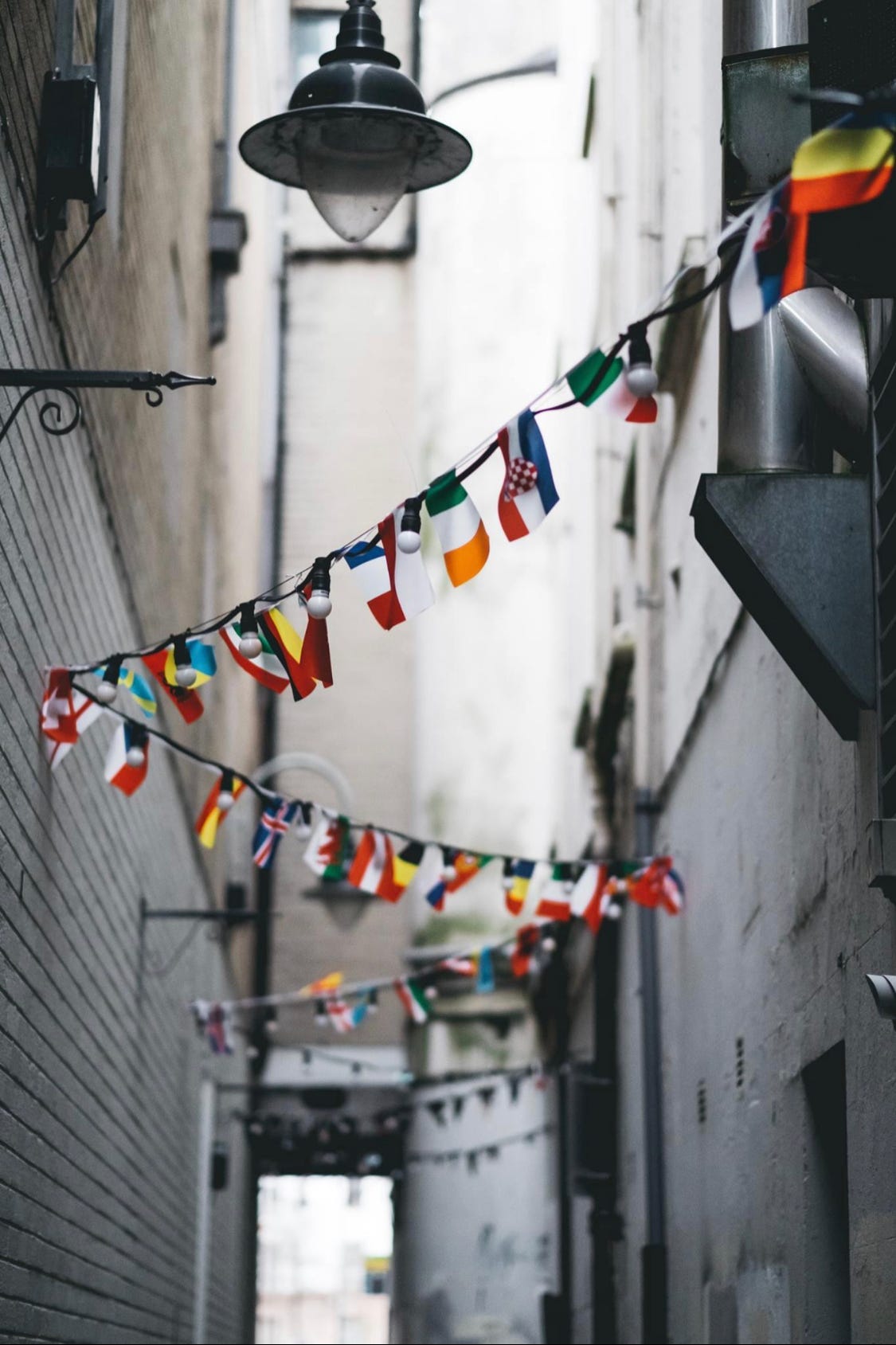In a time when national identity seems to play an increasingly significant role, it's important to ask ourselves what identity actually is. What do you base it on yourself? What does your environment base it on? As a person who feels at home in two very different countries the idea of a nationality has fascinated me since I can remember.
I have come to understand that identifying with one’s nationality is nonsense. The Dutch person does not exist. Neither does the Turk, the Argentinian or the American.
When you meet someone abroad, the first question is likely: Where are you from? Both the accountant from Eindhoven and the butcher from Rotterdam will then say they are from the Netherlands.
When I am asked that same question abroad, it doesn't feel complete to limit it to the Netherlands. After all, my passport is Dutch, but an identity goes much further than a passport. This also applies to young people born in the Netherlands but perhaps have parents who are not. Aside from their passport, they might feel like foreigners everywhere. I recognize that too.
When there are clear physical characteristics that make a person immediately stand out, the curiosity of the surroundings is often even greater. And while a question like: Where are you from? can be based purely on interest and curiosity, it can also be interpreted as a confirmation of being different or even indirectly asking: why are you here?
Taiye Selasi, a writer and photographer, has struggled for years with how she wanted to be introduced when giving a lecture, given her very diverse background. Her Ted Talk “Don't ask where I'm from, ask where I'm a local” brings a different perspective to how we are used to seeing ourselves. In her case she did not identify with the idea of a specific country, not even with a list of countries where she was born, studied, and worked. This sparked a search for a more concrete answer to the question that would truly reflect who she is.
From her writer's philosophy, she concluded that all experiences are local. That her affection for Ghana mainly arose because her mother passed down the customs and rituals from that country. Later, it turned out that those experiences in other countries were quite similar. She also concluded that environment and surroundings often have more in common than nationality. A Mexican gardener has more in common with a Nepalese cleaner than their passports would suggest. The same applies to the other side of the economic spectrum.
What is particularly interesting is what we want to know when we ask someone's nationality? And what do we see when we receive the answer?
Is there a hierarchy in nationalities? Does someone with a German or American passport hold more prestige compared to someone from Somalia or Ecuador? Do we see the same human being? And if not, what does that person have to do with the international political (temporary!) hierarchical game? Pay attention the next time you ask. How much value do we place on individual development and multicultural families?
And perhaps the question: Why are you here and not there? Which, in light of many recent immigration developments, would shed a different light on the fact that not living in your own country is often not a free choice.
So perhaps a better introductory question would be: what’s your story? After all Where I’m from comes wherever I go. The poet David Whyte, eloquent as always sums it up in: Our identity is based on what we talk about which isn’t ourself. He suggests that we base our identity on what occupies us. I love that.
We are really all unique, a collection of the experiences of our own lives and all the generations and lives that came before us. The languages we speak, our habits and customs. Everything comes together in one person.
You have more in common with the world than you think, We’re all kind of cousins.
Some just have more convenient passport than others.





Huge huge love for this topic 🫶🏽 beautifully said, and David Whyte always gets it spot on